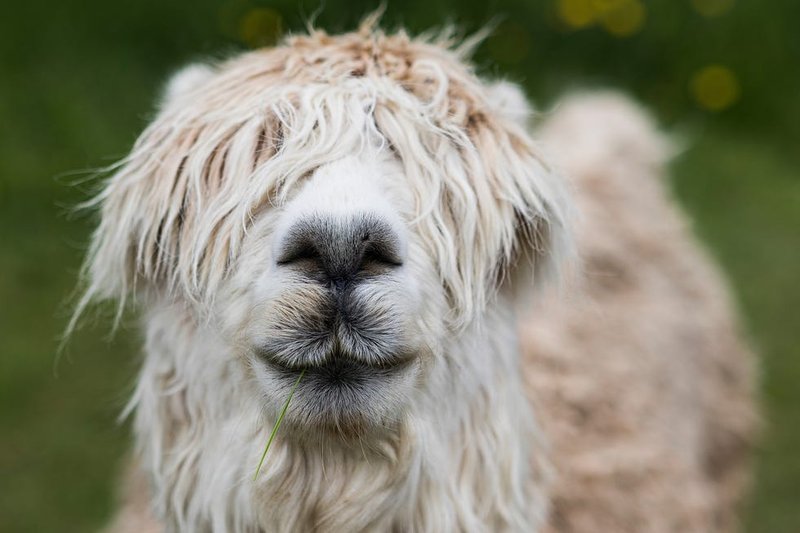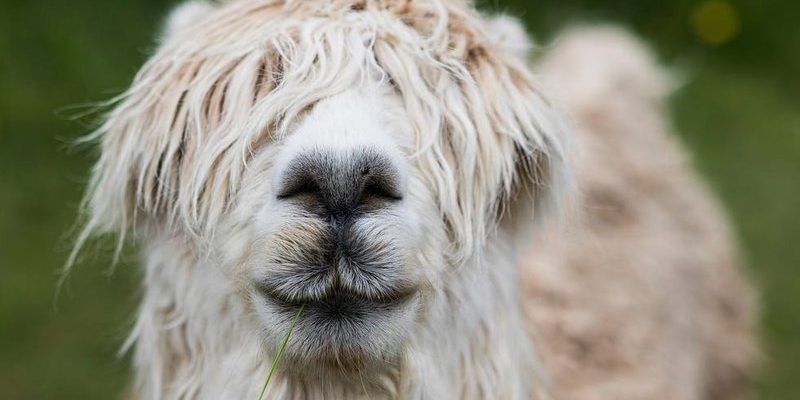
Here’s the thing: llamas aren’t your typical household pets, and they come with their own unique set of needs and considerations. They can be incredibly rewarding companions, but they also require particular care and commitment. So, if you’re thinking about adopting a llama, grab your favorite beverage, and let’s dive into what it really means to share your life with these charming animals.
The Pros of Keeping Llamas as Pets
1. Gentle and Friendly Nature
Llamas are known for their calm and gentle demeanor. They typically get along well with people and other animals. This makes them an excellent choice for families, especially those with children. Imagine having a furry buddy that’s not just cute but also easy to handle. They’re less likely to be aggressive compared to some other farm animals, making them a safe option for kids to interact with.
Additionally, llamas are naturally curious creatures. They often enjoy spending time with humans, and many owners report that their llamas like to be included in family activities. This makes them not just pets, but part of the family.
2. Low Maintenance
Now, you might be thinking that a pet llama sounds like a lot of work, but they’re surprisingly low-maintenance compared to dogs or cats. Llamas don’t require daily walks, and their exercise needs can usually be met with lots of room to roam and graze. Just make sure they have enough space—ideally, a pasture where they can frolic and explore.
Saying that, they do require regular grooming. Brushing your llama every few weeks helps keep their coats healthy and free of debris. Plus, it’s a fantastic bonding experience! Just imagine spending a quiet afternoon brushing your pet, feeling the warmth of their fleece, and enjoying the peace around you.
3. Good Companions for Other Animals
If you already have pets, llamas can be great companions for them too. They often get along well with other animals, including goats and sheep. You might consider getting a pair of llamas because they’re social creatures and thrive with company. Just envision a peaceful pasture scene, with your llamas mingling happily with your other pets.
Llamas have a natural herding instinct, so they can help keep other livestock in line. This feature is particularly useful for farms or small homesteads. They’re not just fun to have around; they can also help manage a mixed-animal environment!
The Cons of Keeping Llamas as Pets
1. Space Requirements
While llamas may be low-maintenance, they do need a decent amount of space. They aren’t suited for small yards or apartments. Ideally, you should have at least a small pasture for them to roam freely. Think about it—these animals are built for movement and grazing, so they’ll need room to stretch their legs.
If you don’t have space, or if you live in an area where zoning laws restrict livestock, owning a llama might not be feasible. It’s essential to check local regulations before making any decisions.
2. Special Diet and Care Needs
Llamas have specific dietary requirements that differ from more common pets. They primarily eat hay and grass, and it’s crucial to provide them with a balanced diet. You’ll also need to schedule regular veterinary care that includes vaccinations and check-ups.
You might wonder if this sounds complicated—well, it can be. But with a bit of planning and research, it becomes manageable. Just like you would prepare for any pet’s needs, staying informed about your llama’s health will keep them thriving.
3. Potential Behavioral Challenges
While llamas are generally easygoing, they can have their quirks. Sometimes, they can be stubborn, especially if they feel threatened or challenged. Training a llama takes patience and consistency. If you’re looking for a pet that will come running when called like a dog, you might be in for a surprise!
Training also requires a firm but gentle hand. Positive reinforcement works wonders. Think of it this way: you’re building a relationship based on trust, which is key. After all, llamas can recognize their owners and form strong bonds—so invest the time, and you’ll be rewarded!
Finding the Right Llama for You
1. Consider Adoption
If you’re set on getting a llama, consider adopting one from a rescue or sanctuary. Many llamas need loving homes, and you might find a perfect match waiting for you. Plus, rescues often provide information about the animals’ backgrounds and temperaments, helping you make an informed choice.
Adoption can also be a meaningful experience. Just think of the joy of giving a llama a second chance at a happy life. This choice comes with its own rewards and can be a fulfilling part of llama ownership.
2. Research Breeders
If adoption isn’t the route for you, make sure to research reputable breeders. Look for those who prioritize animal welfare and provide appropriate living conditions for their llamas. Ask plenty of questions and visit the breeding facility if possible. This way, you can assess the environment and the llamas’ health before making a commitment.
Choosing the right llama means ensuring you have a happy, healthy pet that fits into your lifestyle. So take your time and do your homework!
3. Learn About Local Regulations
Before bringing a llama home, familiarize yourself with any local zoning laws or regulations concerning livestock. Some areas may have restrictions on keeping llamas, so it’s crucial to know what’s permitted in your region. Understanding these laws helps you avoid any surprises down the road.
As you explore your options, consider that diligent research and planning can create a rewarding experience for both you and your future llama.
In summary, llamas can make fantastic pets for the right person or family. They offer companionship, are relatively easy to care for, and can even get along with other animals. However, owning a llama isn’t without its challenges. They require space, special diets, and consistent training.
Ultimately, the decision comes down to your lifestyle and how much time and effort you’re willing to invest. If you’re ready for a unique, rewarding experience that’s a bit out of the ordinary, then a llama could be just the pet for you! Just remember to do your homework and prepare yourself for the delightful adventure of llama ownership.

